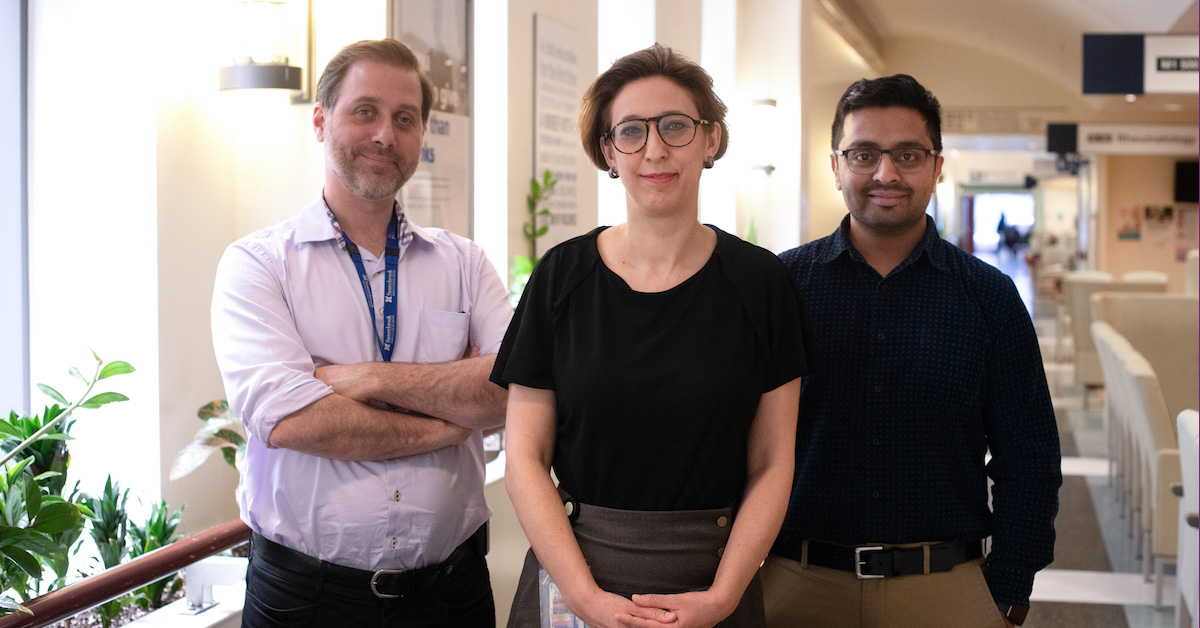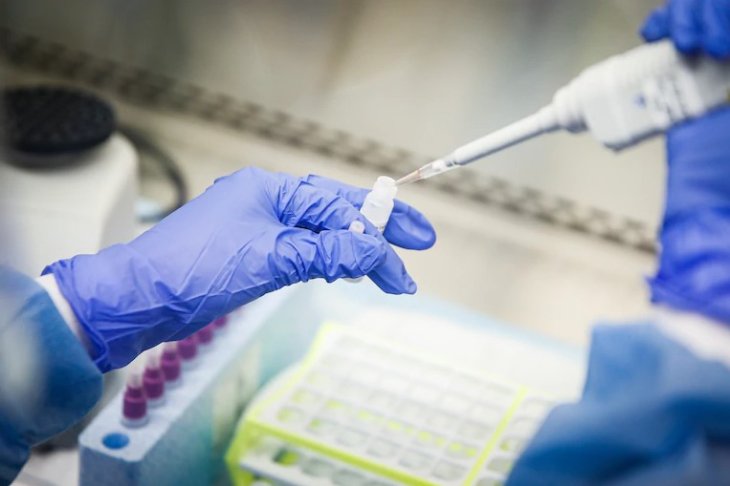Indian-Born Scientist Joins Researching Team To Find A Cure For COVID-19
Harin - Mar 14, 2020

Indian-born scientist Arinjay Banerjee and other researchers have successfully isolated COVID-19, raising hopes for a cure.
- This Man's Super-Antibody Can Be Diluted 10,000 Times But Still Works Against COVID-19
- These Indian Cities Are Under Lockdown Again In 2021
- India To Review Covishield Vaccine After Report Of Blood Clots Following Vaccination
As the group is trying to deal with the rising number of confirmed COVID-19 cases, scientists are racing to find a cure for the virus.
A team of Canadian researchers from McMaster University, the University of Toronto, and Toronto’s Sunnybrook Hospital, is also in the quest to find a vaccine. Among the researchers is Arinjay Banerjee, an Indian-born scientist. According to Banerjee, the team has succeeded in isolating the virus.
The isolation of the virus has raised hopes for a vaccine. The researchers worked on samples that were taken from two patients. And in a secure facility, they isolated and propagated the virus to study the behavior of the virus, thus finding the solutions to the alarming pandemic.
Arinjay is a postdoctoral researcher at the Institute for Infectious Disease Research, McMaster University. His specialization is coronaviruses and bats.
He is glad that he can contribute his effort in understanding and controlling the outbreak.

Researcher fellow Dr. Samira Mubareka who is working at Sunnybrook Hospital as an infectious disease physician and microbiologist says that what their team needs right now to work on solutions to the pandemic is key tools.
Microbiologist Rob Kozak at Toronto University congratulated his co-researchers saying that researchers from prestigious institutions had come together to isolate the virus successfully in just a few weeks.
The virus is believed to have come from Wuhan’s Huanan Seafood Wholesale Market, which is a trading place for wildlife. After the disease broke out, people started blaming the Chinese for consuming odd creatures such as bats, frogs, and snakes. And according to researchers at the Wuhan Institute of Virology, the genome sequenced taken from seven patients were reportedly 96% identical to coronavirus from bats.
>>> COVID-19 Has Its Youngest Victim Ever, A Newborn Baby
Featured Stories

Features - Jan 29, 2026
Permanently Deleting Your Instagram Account: A Complete Step-by-Step Tutorial

Features - Jul 01, 2025
What Are The Fastest Passenger Vehicles Ever Created?

Features - Jun 25, 2025
Japan Hydrogen Breakthrough: Scientists Crack the Clean Energy Code with...

ICT News - Jun 25, 2025
AI Intimidation Tactics: CEOs Turn Flawed Technology Into Employee Fear Machine

Review - Jun 25, 2025
Windows 11 Problems: Is Microsoft's "Best" OS Actually Getting Worse?

Features - Jun 22, 2025
Telegram Founder Pavel Durov Plans to Split $14 Billion Fortune Among 106 Children

ICT News - Jun 22, 2025
Neuralink Telepathy Chip Enables Quadriplegic Rob Greiner to Control Games with...

Features - Jun 21, 2025
This Over $100 Bottle Has Nothing But Fresh Air Inside

Features - Jun 18, 2025
Best Mobile VPN Apps for Gaming 2025: Complete Guide

Features - Jun 18, 2025
A Math Formula Tells Us How Long Everything Will Live
Read more

ICT News- Feb 21, 2026
AI Coding Agent Causes Major AWS Outage at Amazon
In a striking example of the risks associated with deploying advanced AI in critical systems, Amazon Web Services (AWS) recently faced multiple outages attributed to its own AI coding assistants.

ICT News- Feb 19, 2026
Escalating Costs for NVIDIA RTX 50 Series GPUs: RTX 5090 Tops $5,000, RTX 5060 Ti Closes in on RTX 5070 Pricing
As the RTX 50 series continues to push boundaries in gaming and AI, these price trends raise questions about accessibility for average gamers.

ICT News- Feb 20, 2026
Tech Leaders Question AI Agents' Value: Human Labor Remains More Affordable
In a recent episode of the All-In podcast, prominent tech investors and entrepreneurs expressed skepticism about the immediate practicality of deploying AI agents in business operations.
Comments
Sort by Newest | Popular